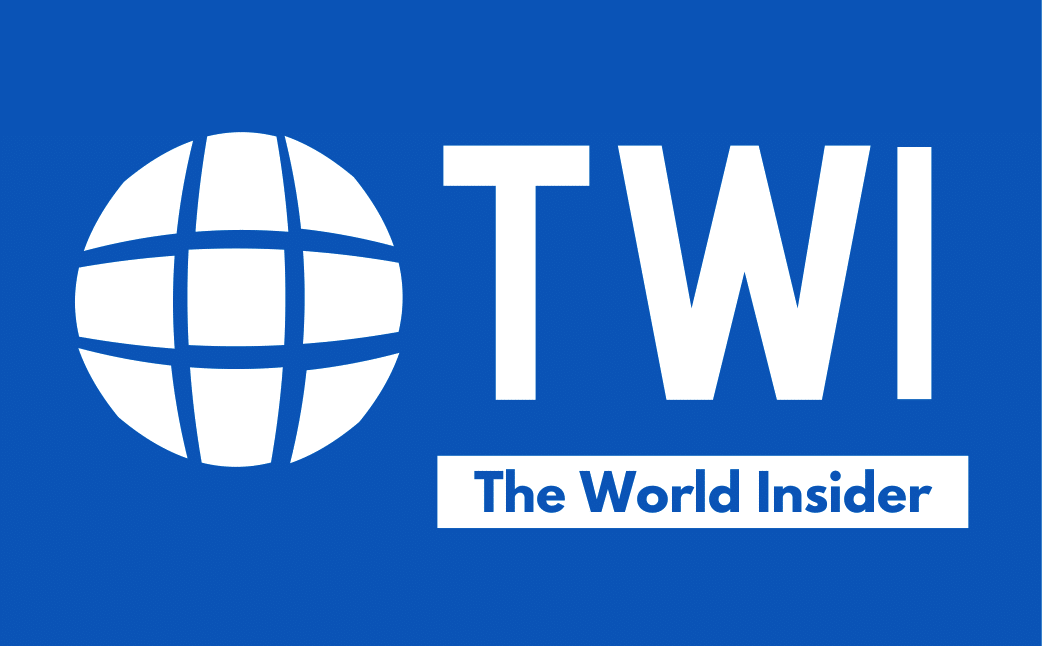China’s foreign minister Qin Gang was ousted in a dramatic development after his prolonged absence from public view.
He was removed just after seven months into the job, making it the shortest-ever tenure for one of China’s youngest-ever foreign ministers.
The Chinese state media announced the new changes without giving an explanation or reason for his removal.
In a surprising shake-up of the country’s foreign policy leadership, Qin Gang, 57, was replaced by his predecessor, the 69-year-old Wang Yi, who previously occupied the position for nearly 10 years. Wang Yi is China’s top diplomat, currently serving as director of the foreign affairs arm of the ruling Communist Party.
The news came after Qin’s nearly month-long absence which had sparked a storm of speculation that he was subject to an official investigation. Chinese government remained tight-lipped for weeks about the fate of Qin.
Who is Qin Gang?
The 57-year-old Qin Gang enjoyed a meteoric rise to the top of the Chinese Communist Party. He was once seen as a close confidant of President Xi Jinping and became one of the country’s youngest foreign ministers in December 2022.
Born in the northern city of Tianjin in 1966, Qin studied international politics at China’s prestigious University of International Relations in Beijing. After entering the diplomatic service, he worked in several jobs at the foreign ministry as well as at the Chinese Embassy in Britain. He also served as ambassador to the United States for two years.
Qin was twice foreign ministry spokesman, between 2006 and 2014, and chief protocol officer between 2014 and 2018, overseeing many of Xi’s interactions with foreign leaders.
Qin was one of the first diplomats who adopted a combative rhetoric, a style that later became known as China’s “wolf warrior diplomacy.” But he also displayed a willingness to work with the United States, and believed that relations held “great opportunities and potential”. Qin had reportedly played a crucial role in restoring communication between the U.S. and China officials, including meeting with U.S. Secretary of State Antony Blinken on June 18 in Beijing.




